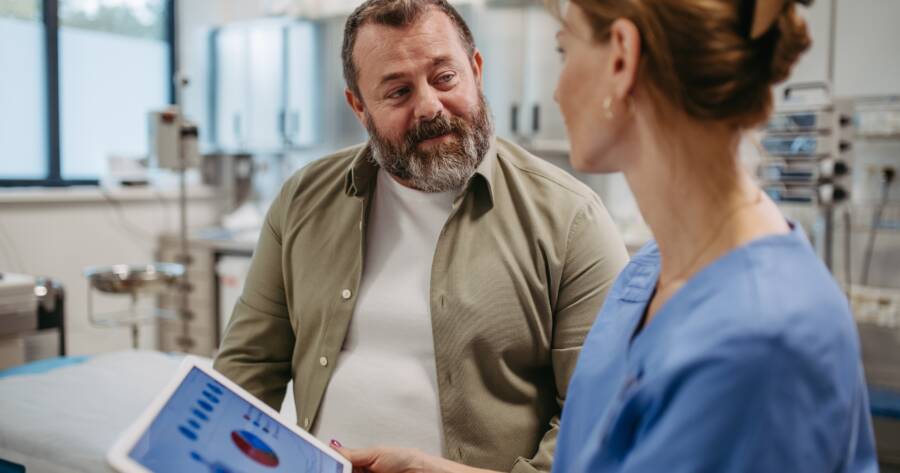Weight loss clinical trials offer proactive individuals a chance to discover advanced methods in managing weight while aiding essential scientific research. These studies, such as those by the National Institute of Diabetes and Digestive and Kidney Diseases and Drexel University’s WELL Center, assess new treatments and lifestyle interventions. Participants gain tailored support and contribute to progress in obesity care. Explore the benefits and opportunities these pioneering trials offer in transforming both personal health and wider healthcare practices.
Exploring Paid Weight Loss Clinical Trials
Weight loss clinical trials present a unique opportunity for individuals seeking to explore new methods of weight management while contributing valuable data to scientific research. Currently, a range of clinical trials sponsored by the National Institute of Diabetes and Digestive and Kidney Diseases (NIDDK) aim to develop innovative treatments and improve care for those dealing with obesity and overweight-related issues. These trials span from evaluating the efficacy of new medications to understanding the long-term impacts of weight loss surgeries and lifestyle interventions.
Understanding Clinical Trial Opportunities
Clinical trials offer myriad opportunities for weight loss interventions. Institutions like the WELL Center at Drexel University conduct large-scale, NIH-funded trials that focus on cognitive, behavioral, and technology-based treatments. These options potentially provide free sessions of tailored support to modify eating and exercise behaviors. Involvement in these trials not only guides participants towards healthier lifestyles but also furthers the development of beneficial interventions for a wider audience.
Innovative Approaches and Participation Benefits
Participation in weight loss clinical trials is further enhanced by innovative approaches like Drexel’s Project Health, designed for young adults to encourage sustainable, healthy lifestyle changes and prevent weight gain. Similarly, UCSD provides critical research into the efficacy of diet and activity plans, including time-restricted eating protocols and family-based behavioral treatments. Importantly, UCSD’s extensive trials cover various demographics and conditions, reinforcing the importance of tailored interventions based on individual and family needs.
Critical Trials to Watch
The NIDDK’s involvement in pivotal studies such as the Look AHEAD trial illustrates the potential for lifestyle interventions in achieving lasting weight loss. This trial highlighted the importance of adopting healthy eating habits and engaging in physical activities, both of which led to lasting health benefits beyond weight loss itself. Meanwhile, the Longitudinal Assessment of Bariatric Surgery (LABS) study continues to provide critical insights into the safety and efficacy of various surgical interventions for weight loss, shaping the landscape of obesity treatment[source].
Participating in Clinical Trials
For those keen to participate in these cutting-edge research initiatives, the path begins with identifying suitable trials. Resources like ClinicalTrials.gov offer searchable databases of ongoing studies that are federally funded and actively recruiting participants. Prospective volunteers are encouraged to consult with healthcare professionals to understand the eligibility criteria, potential benefits, and risks associated with different trials before enrolling, ensuring an informed and safe participation experience.
Why You Should Learn More About Weight Loss Clinical Trials
Exploring weight loss clinical trials not only benefits personal health by offering access to cutting-edge treatments but also contributes to a broader understanding of effective weight management strategies. These trials are at the forefront of developing innovations that enhance both individual treatment outcomes and healthcare practices. By participating, individuals help drive forward the scientific inquiry that will ultimately inform public health guidelines and personal health interventions. For those eager to engage actively with current weight loss research and enjoy the associated benefits, these trials present a truly rewarding avenue.
Sources
Weight Management Trials by NIDDK
